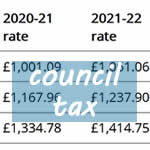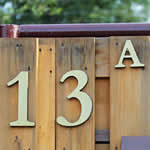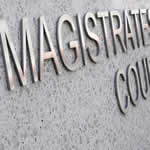So if you are having problems paying your council tax, you are not alone. This problem has been increasing for many years. Council Tax is the most common priority debt that National Debtline see - 28% of its clients in 2022 had council tax arrears But what can you do if you have arrears? Can you get any council tax discounts or an exemption? Take a few minutes to check you are being … [Read more...]
Section 13A – a little-known way to get Council Tax written off
Councils in England and Wales can reduce or write off your council tax under Section 13A (1)(c) of the Local Government Finance Act 1992. This has been called "the best-kept secret in council tax law". These Section 13A write-offs can be used if your house is uninhabitable because of flooding or fire. But you can also get a write-off if you have no money to pay your council tax after paying for … [Read more...]
Adding Liability Orders to credit records – a bad idea!
County Court Judgments (CCJs) are added to people's credit records, so why shouldn't the same be done for Liability Orders (LOs) for council tax arrears? This is a really bad idea, involving major problems and costs for local authorities and magistrates courts. These would massively outweigh the potential benefits. Magistrates Court Liability Order processes are not comparable to County Court … [Read more...]
It’s time to stop sending people to prison for council tax debt
A new report called "I can't believe we still do that" produced by Payplan and the Institute of Money Advisers (IMA) looks at the imprisonment of people for council tax arrears in England and Wales. Councils started court action to send 4,881 to prison in 2016-17. Their average debt was only £2,213. UPDATE: In April 2019 the Welsh government ended imprisonment for council tax debt. This … [Read more...]



